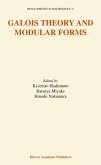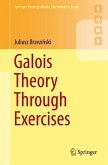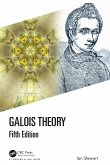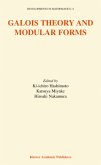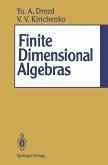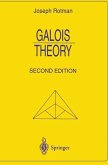Galois' Theory of Algebraic Equations gives a detailed account of the development of the theory of algebraic equations, from its origins in ancient times to its completion by Galois in the nineteenth century. The main emphasis is placed on equations of at least the third degree, i.e. on the developments during the period from the sixteenth to the nineteenth century. The appropriate parts of works by Cardano, Lagrange, Vandermonde, Gauss, Abel and Galois are reviewed and placed in their historical perspective, with the aim of conveying to the reader a sense of the way in which the theory of algebraic equations has evolved and has led to such basic mathematical notions as "group" and "field". A brief discussion on the fundamental theorems of modern Galois theory is included. Complete proofs of the quoted results are provided, but the material has been organized in such a way that the most technical details can be skipped by readers who are interested primarily in a broad survey of the theory. This book will appeal to both undergraduate and graduate students in mathematics and the history of science, and also to teachers and mathematicians who wish to obtain a historical perspective of the field. The text has been designed to be self-contained, but some familiarity with basic mathematical structures and with some elementary notions of linear algebra is desirable for a good understanding of the technical discussions in the later chapters.
Hinweis: Dieser Artikel kann nur an eine deutsche Lieferadresse ausgeliefert werden.
Hinweis: Dieser Artikel kann nur an eine deutsche Lieferadresse ausgeliefert werden.



